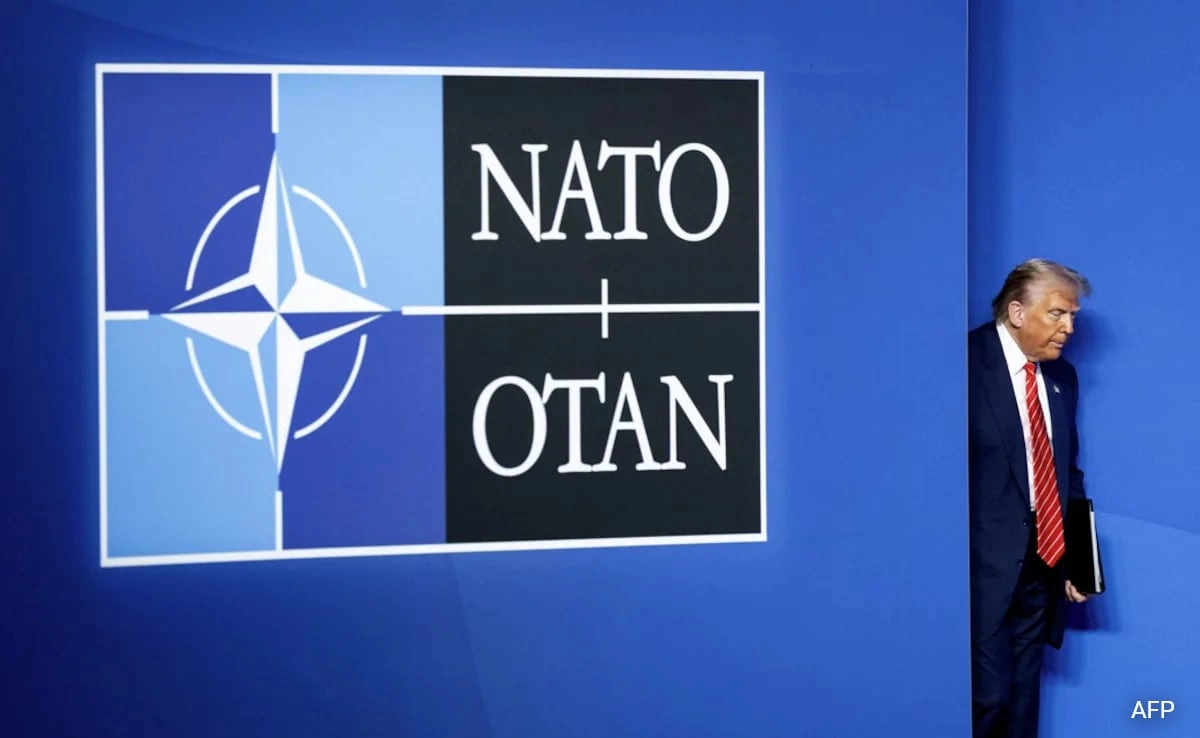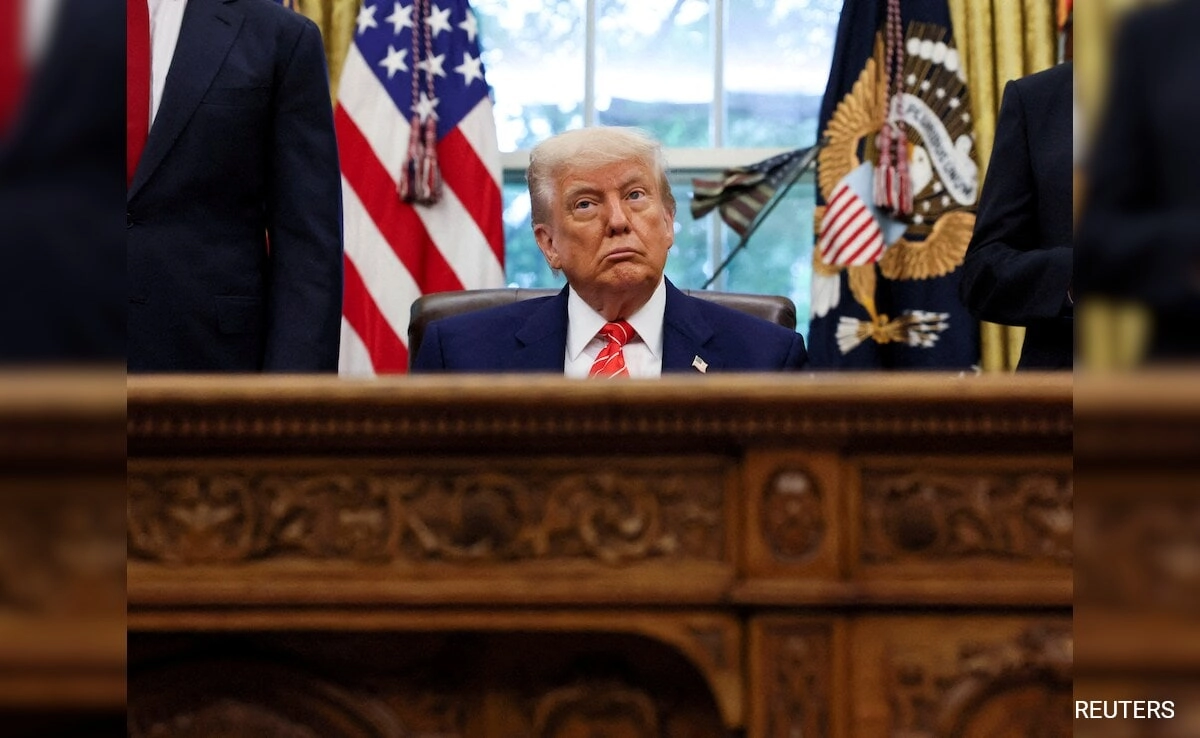NATO’s recent decision to increase defense spending by 5% marks a significant shift in the alliance’s approach to collective security, reflecting the evolving geopolitical landscape. This increase comes in the wake of heightened tensions in Eastern Europe, particularly due to Russia’s aggressive maneuvers, which have prompted member states to reassess their military readiness. The decision signals a unified commitment among NATO allies to bolster their defense capabilities and ensure that the alliance remains a formidable deterrent against potential threats.
The implications of this spending hike are multifaceted. On one hand, it demonstrates solidarity among NATO member nations, emphasizing that they are prepared to invest in their security and that of their allies. This collective approach not only enhances military readiness but also underscores the importance of shared responsibility in defense spending. Many NATO members had previously been criticized for not meeting the guideline of allocating at least 2% of their GDP to defense. The increase to 5% may encourage more nations to step up their contributions, thereby strengthening the alliance as a whole.
However, the increase does not come without challenges. Member countries face the task of determining how best to allocate these additional funds. This could involve modernizing equipment, enhancing troop readiness, or investing in new technologies. The focus must also be on ensuring that spending translates into tangible improvements in military capability. Furthermore, the economic ramifications of increased defense budgets must be considered, especially in the context of rising inflation and global economic uncertainties. Balancing defense needs with domestic priorities will require careful planning and collaboration among member states.
Ultimately, NATO’s decision to hike defense spending reflects a proactive stance in addressing emerging threats and ensuring the security of its member nations. As global dynamics continue to shift, particularly with regard to state and non-state actors, the alliance must remain vigilant and adaptable. By prioritizing defense investments, NATO aims to send a clear message: the collective security of its members is paramount, and they are prepared to take necessary steps to safeguard it. This decision may also serve as a catalyst for broader discussions about the future of military alliances and the role they play in an increasingly complex international arena.




